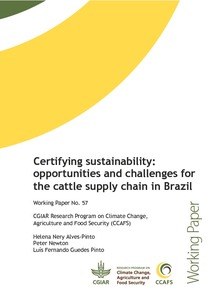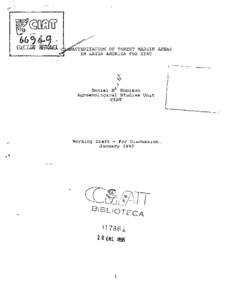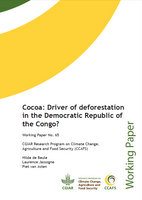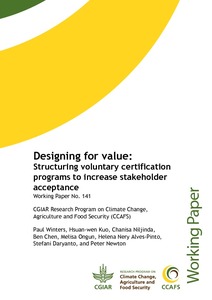Certifying sustainability: opportunities and challenges for the cattle supply chain in Brazil
Up to 75% of deforestation in Brazil is associated with cattle ranching. To reduce forest conversion and increase sustainability in the cattle supply chain, government, private sector and civil society support interventions based on combinations of institutions and policies, incentives, and information and technology. In this paper we analyse the observed and expected interactions among the Sustainable Agriculture Network (SAN) Standard for Sustainable Cattle Production Systems certification program and other interventions associated with livestock and deforestation in Amazonia.





